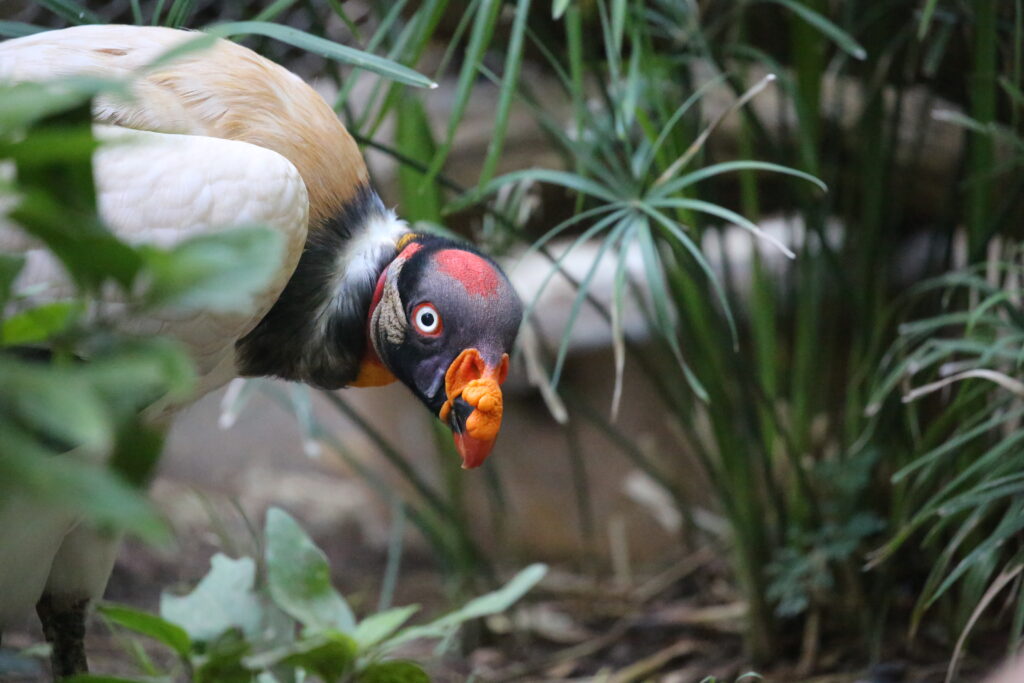Reid Park Zoo Receives Positive Avian Influenza Test Result, Safety Measures Already In Place

Reid Park Zoo has received positive avian influenza test results for three of the birds in its care. The Zoo’s avian influenza safety protocols have been in place proactively for more than a week while test results were pending.
“Our animal care and veterinary team was able to enact safety measures as soon as avian flu was suspected to keep the other birds in our care safe. We have prepared for this scenario,” said Dr. Alexis Roth, Reid Park Zoo’s chief veterinarian.
Avian influenza is an annual concern for all bird species. Emergency plans for avian influenza are based on recommendations from the biosafety procedures developed by the U.S. Department of Agriculture’s (USDA’s) Animal and Plant Inspection Service (APHIS) to help prevent the potential spread of the virus from wild birds.
Reid Park Zoo has been in frequent communication with the State Veterinarian’s Office as well as the USDA to ensure all necessary precautions are being taken.
Avian influenza is a contagious and often deadly virus that affects birds. It is spread through fecal matter, saliva, and nasal discharges from wild birds and can also be transmitted from humans to birds through contaminated equipment and clothing. Health experts say that while the disease poses a serious threat to some bird species, its risk to humans is low.
Reid Park Zoo announced that a male king vulture, named Phil, passed away in late October following a brief illness. Test results received this weekend revealed Phil tested positive for the H5 avian flu strain. Two other birds who lived in close proximity to Phil have also tested positive: a crested jay, who also passed away, and a scarlet ibis who is being monitored in the Zoo’s animal hospital.
As a further precaution, Reid Park Zoo has been testing its flocks, and thus far no other birds are exhibiting symptoms or appear to have been affected at this time.
As a safety measure, both of the Zoo’s aviaries are closed to the public until further notice. The Zoo is continuing to test its birds for any possible exposure and monitoring signs of infection. In addition, all animal care staff entering bird areas wear personal protective equipment (PPE) and undergo other measures including disinfectant foot baths and restricted access to bird habitats.
